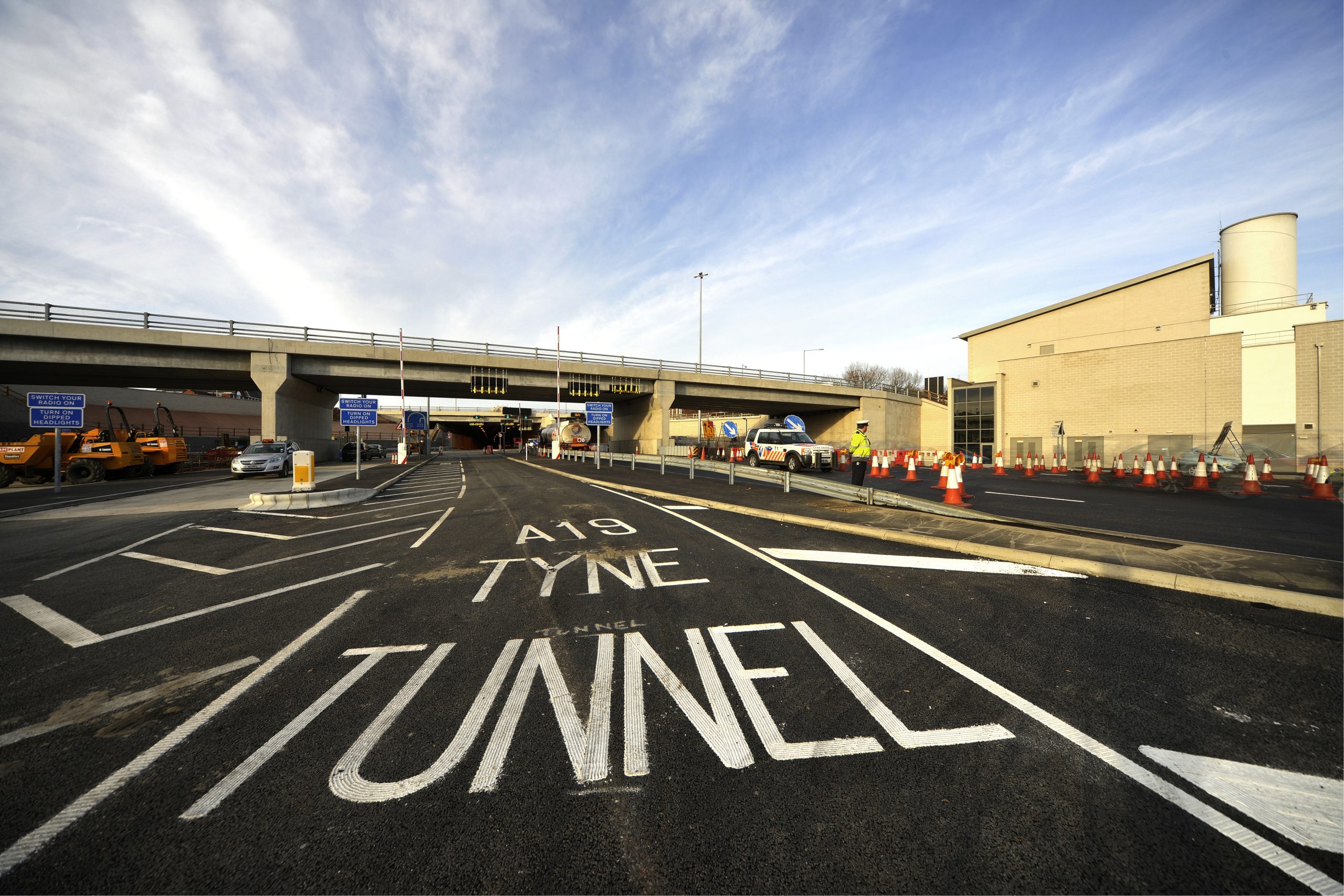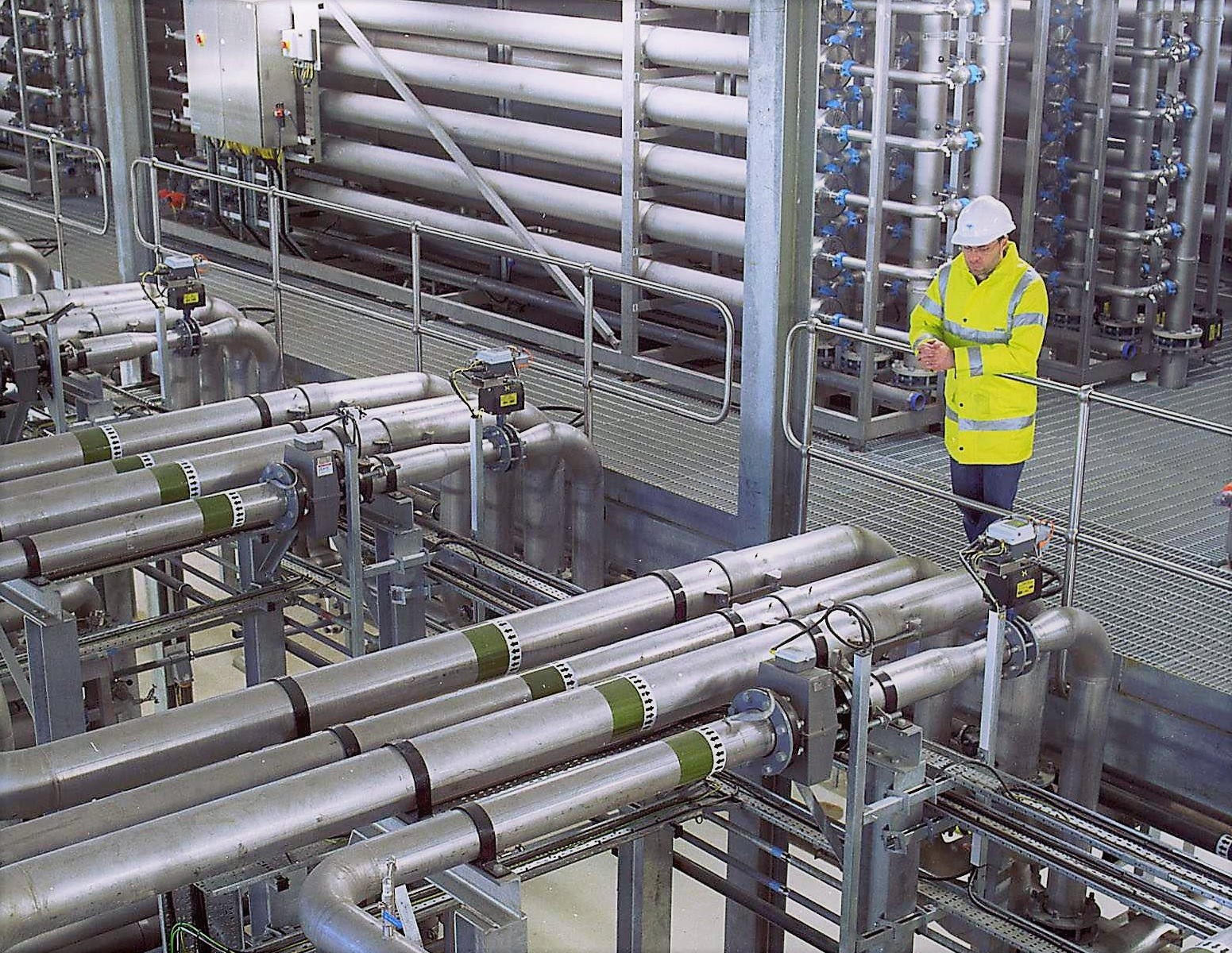
Case study Tyne Pass
Embracing technology to decarbonise the Tyne Tunnels
The Tyne Pass project undertook the removal of all toll booths and barriers on the Tyne Tunnels toll road, replacing them with an open road tolling system – cutting emissions from stop-start traffic and saving motorists time as they pass through.
Project
The Tyne Tunnels toll road is one of the busiest in the Northeast of England, with some 55,000 vehicles passing through it every single day. InfraRed managed funds have owned a significant share of the road since 2007, initially within one of our value-add funds and now within an income fund.
In 2021, Tyne Tunnels removed toll booths and launched free flow, open road tolling – reducing emissions from stop-start traffic*, improving journey times for customers and providing more modern payment options to suit customer needs. Average journey times have been reduced by around 45 seconds each way, whilst seeing an increase in traffic in the first year of operation.
In addition, the project has created more than 80 new jobs for local people in the new contact centre, and to bolster its marketing and communications, IT, and data and training departments.
Initial investment
2007
Theme
Social & Transport Infrastructure
Strategy
Core Infrastructure
Country
UK

Tyne Pass Key statistics
Impact
The free-flow project was the largest at Tyne Tunnels since the construction of the second vehicular tunnel in 2011, and required extensive stakeholder management – including consultations with local authorities, local councillors and MPs, as well as the Department for Transport.
Engaging with all stakeholders, we have supported the focus on decarbonisation from the outset of our involvement – which has seen the introduction of further initiatives that have led to Tyne Tunnels securing its Carbon Neutral status. These include LED lighting installation, securing renewable energy contracts, offsetting of residual emissions, habitat restoration, and the phasing out of diesel maintenance vehicles in favour of electric alternatives.
The project has successfully reduced emissions in the local area*, addressing the challenge created by increased traffic demand, and improved journey times and driver experience for customers, and promoting regional growth in the Tyneside area outside of Newcastle.
* After open road tolling was completed, The Carbon Trust completed an independent survey on the traffic emissions from the Tyne Tunnels, which demonstrated there has been a significant reduction in emissions


